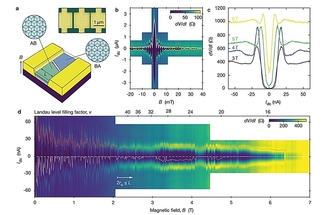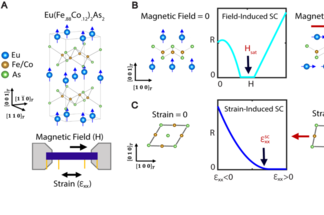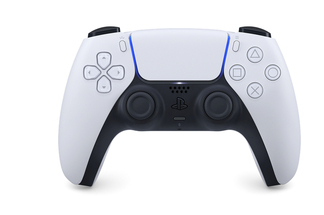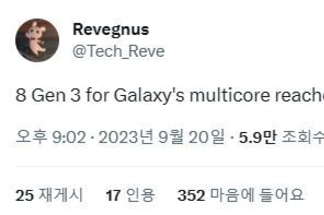
China’s BYD is rumored to supply its Blade batteries to Tesla’s much-anticipated Model 2 electric hatchback.
The rumor is spreading across China’s automobile information-sharing platform, cheshi.com, according to reports from the country’s OFweek media outlet. Model 2 is reportedly equipped with BYD’s lithium iron phosphate (LFP) Blade batteries. The vehicle will have a 53 kWh LFP battery pack and come with a driving range of 400 kilometers.
Rumors have frequently surfaced over the partnership between Tesla and BYD since August 2021 when the U.S. electric vehicle (EV) maker reportedly carried out C-sample testing of BYD batteries and the Chinese battery company was also rumored to have received an order from Tesla for 10GWh batteries two months later.
In June 2022, BYD Vice President Lian Yubo called Tesla founder Elon Musk a “good friend” and shared its plans to “supply batteries to Tesla very soon” during an interview with China’s state-owned CGTN. Shortly after the remark, reports said that BYD Blade batteries won an approval from European regulators for use in Tesla Model Y.
Musk did not confirm BYD’s battery supply, but acknowledged Tesla’s partnership with the Chinese firm. He also denied a recent media report that Tesla would soon end its partnership with BYD, saying that both firms have a “positive” relationship.
Tesla aims to enhance its price competitiveness with Blade batteries. Model 2 is estimated to cost $25,000, which is about half the cost of Model 3.
The U.S. EV maker also presented an aggressive sales target of 42 million for the compact EV. This accounts for almost half of the global car sales of 85 million.
BYD is also forecast to achieve robust sales growth this year. BYD has attained gradual sales growth after the launch of its first-generation Blade batteries in March 2020. According to data from market researcher, SNE Research, BYD’s battery usage more than doubled to 13.7GWh across the globe in January and February from a year earlier. BYD also became the world’s second-largest firm in terms of global battery market share. The company’s market share soared to 18.2 percent from 11.3 percent during the same period.
Blade batteries use a cell-to-pack technology featured with increased volumetric density of battery packs. The first-generation product came with energy density of 140Wh/kg, but the figure rises to 180Wh/kg for the second-generation Blade battery.
BYD’s Blade batteries produce a driving range of up to 700 kilometers, while that of Tesla’s 4680 lithium-ion batteries are estimated to reach 660 kilometers. Blade batteries will be charged from 10 percent to 80 percent in 30 minutes, and it will take 15 minutes for 4680

































